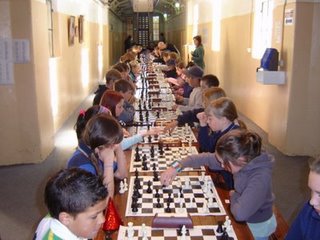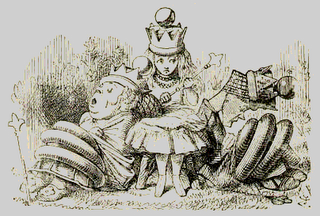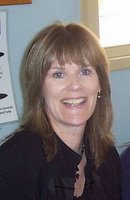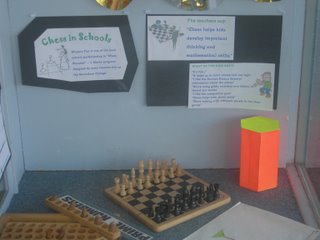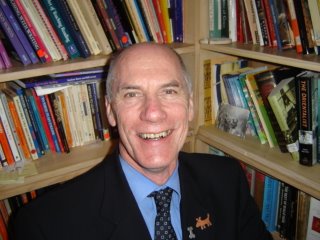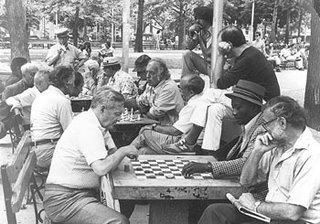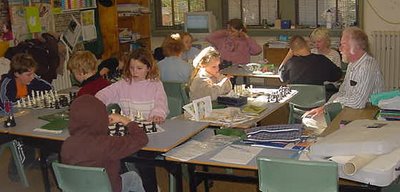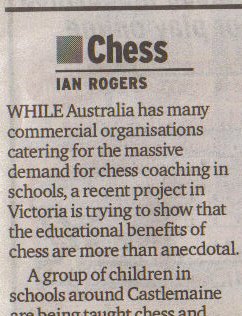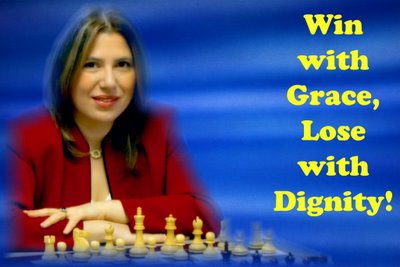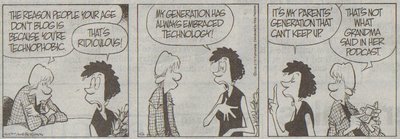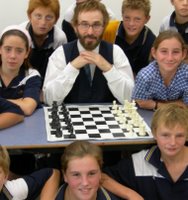
The Mt Alexander School Cluster ‘Chess Squared’ program was given over $8000 in scholarships by a well known chess enthusiast to enable our cluster ‘chesskids’ to attend the ‘Victorian Youth Championships’(17th & 18th of December).
Our benefactor, who wishes to remain anonymous, attended our tournament at the Old Castlemaine Jail, and said it was the largest tournament of its kind in the history of rural Victoria.
He has a passion for chess, and was so impressed with the professionalism of our program, and the enthusiasm of our chesskids, he has subsidized the $220 entry fee by $180.
The top 40 players from the local event were eligible for the scholarship.
Innovations & Excellence have agreed to cover the remaining $40.
Although our lists have not been finalized yet we anticipate 38 students will take up the opportunity provided by the generosity and good will of our anonymous benefactor.
The Victorian Youth Championships provides kids with a tournament-seminar environment. Students will attend lectures, engage in social activities, there will be individual coaching for every player, and $5000 worth of prizes to be won.
It will initiate our Mt. Alexander chesskids into a state wide chess culture, and will provide wonderful learning opportunities.
Our scholarship students have shown great initiative in their preparation for the tournament.
They have undertaken a self motivated course of study in the finer aspects of the ‘royal game’ with a view to making the tournament a rewarding experience.
Castlemaine Chess Club members Harry Poulton and Ron Moore have been running free Sunday training programs at The Castlemaine Community House for students to hone their skills for the upcoming event.
This will be the final event in our 2006 chess calendar, before we return in Term2 2007.
The program coordinators and tutors want to thank teachers, parents and everyone else who have been involved in making the ‘Chess Squared’ program a wonderful success.
